Para crear un fabricación system that can adapt to changes in production requirements.
- Metodologías: Clientes y marketing, Economía
Flexible Manufacturing System (FMS)

Flexible Manufacturing System (FMS)
- Metodología ágil, Fabricación asistida por ordenador (CAM), Mejora continua, Automatización industrial, Manufactura esbelta, Eficacia de la producción, Robótica, Cadena de suministro
Objetivo:
Cómo se utiliza:
- An automated manufacturing system that can be reconfigured to produce different products or change production volumes quickly. It typically includes computer-controlled machines, robots, and material handling systems.
Ventajas
- Increases flexibility and efficiency; Reduces lead times and inventory levels.
Contras
- High initial investment; Requires skilled workers to operate and maintain.
Categorías:
- Lean Sigma, Fabricación
Ideal para:
- Producing a variety of products in small to medium batches with high efficiency.
Flexible Manufacturing Systems (FMS) are particularly advantageous in industries such as automotive, aerospace, electronics, and consumer goods manufacturing, where the ability to switch between product types is essential due to changing market demands. In such settings, FMS can be implemented during the production phase where both customization and efficiency are required, allowing manufacturers to respond swiftly to fluctuations in consumer preferences without significant downtime or capital investment. The integration of advanced computer-controlled machines, robotic arms, and automated material handling systems not only enhances the overall production flow but also enables the efficient management of smaller batch sizes, reducing waste and minimizing inventory. Key stakeholders involved in FMS implementation include industrial engineers, production managers, and supply chain analysts, who collaborate to determine optimal configurations and production schedules. For instance, in the automotive sector, manufacturers can easily switch from producing traditional sedans to electric vehicles in response to environmental regulations or consumer trends, demonstrating how FMS can support both sustainability initiatives and competitive advantage. The regular assessment and reconfiguration of production cells allow companies to maintain high standards of quality while rapidly shifting focus between products, which is particularly useful for firms that operate in fast-paced markets or those introducing new products regularly.
Pasos clave de esta metodología
- Implement modular machine components for quick reconfiguration.
- Integrate computer control systems for real-time monitoring and adjustments.
- Utilize automated material handling systems for efficient workflow.
- Develop production scheduling algorithms for dynamic resource allocation.
- Incorporate robotics for flexible operations and tasks.
- Establish quality control systems for continuous feedback and improvement.
- Implement data analytics for performance optimization and maintenance predictions.
- Train personnel on advanced technology and system adaptability.
Consejos profesionales
- Implement real-time data analytics to optimize production scheduling and resource allocation, enhancing responsiveness to market changes.
- Integrate advanced predictive maintenance systems to minimize downtime and improve equipment reliability within FMS setups.
- Utilize modular design principles for equipment and tooling to facilitate rapid reconfiguration and minimize changeover times.
Leer y comparar varias metodologías, recomendamos el
> Amplio repositorio de metodologías <
junto con otras más de 400 metodologías.
Sus comentarios sobre esta metodología o información adicional son bienvenidos en la dirección sección de comentarios ↓ , así como cualquier idea o enlace relacionado con la ingeniería.
Contexto histórico
1949
1950
1950
1960
1960
1960
1960
1940
1950
1950
1958
1960
1960
1960
1960
(si se desconoce la fecha o no es relevante, por ejemplo "mecánica de fluidos", se ofrece una estimación redondeada de su notable aparición)




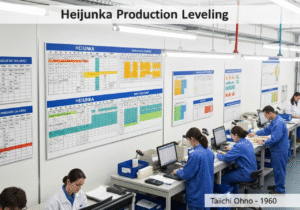
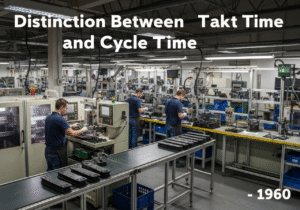
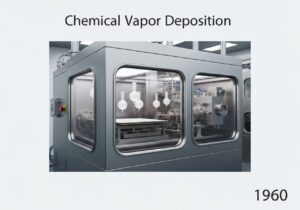

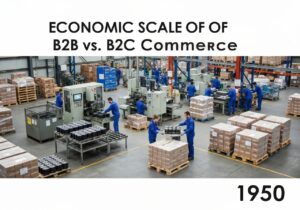
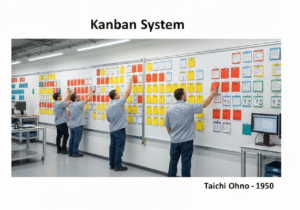
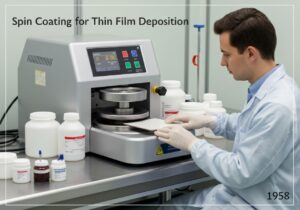


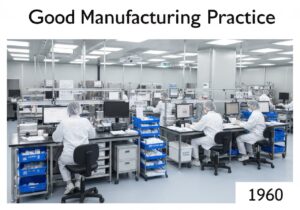

Publicaciones relacionadas
Simulación de Monte Carlo
Pruebas basadas en modelos
Comprobación de modelos
Investigación con métodos mixtos
A prueba de errores (Poka-Yoke)
Pruebas del perfil de la misión